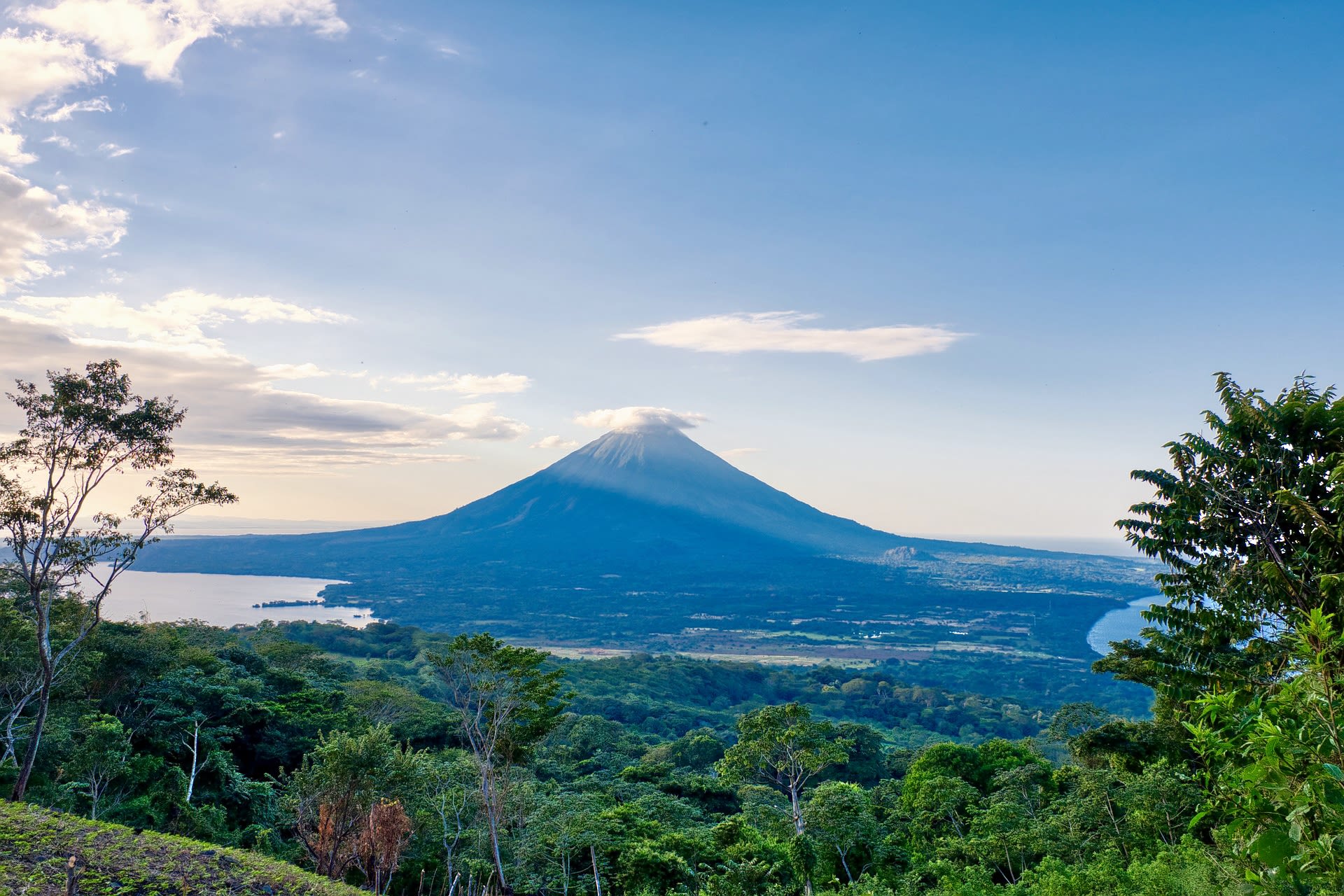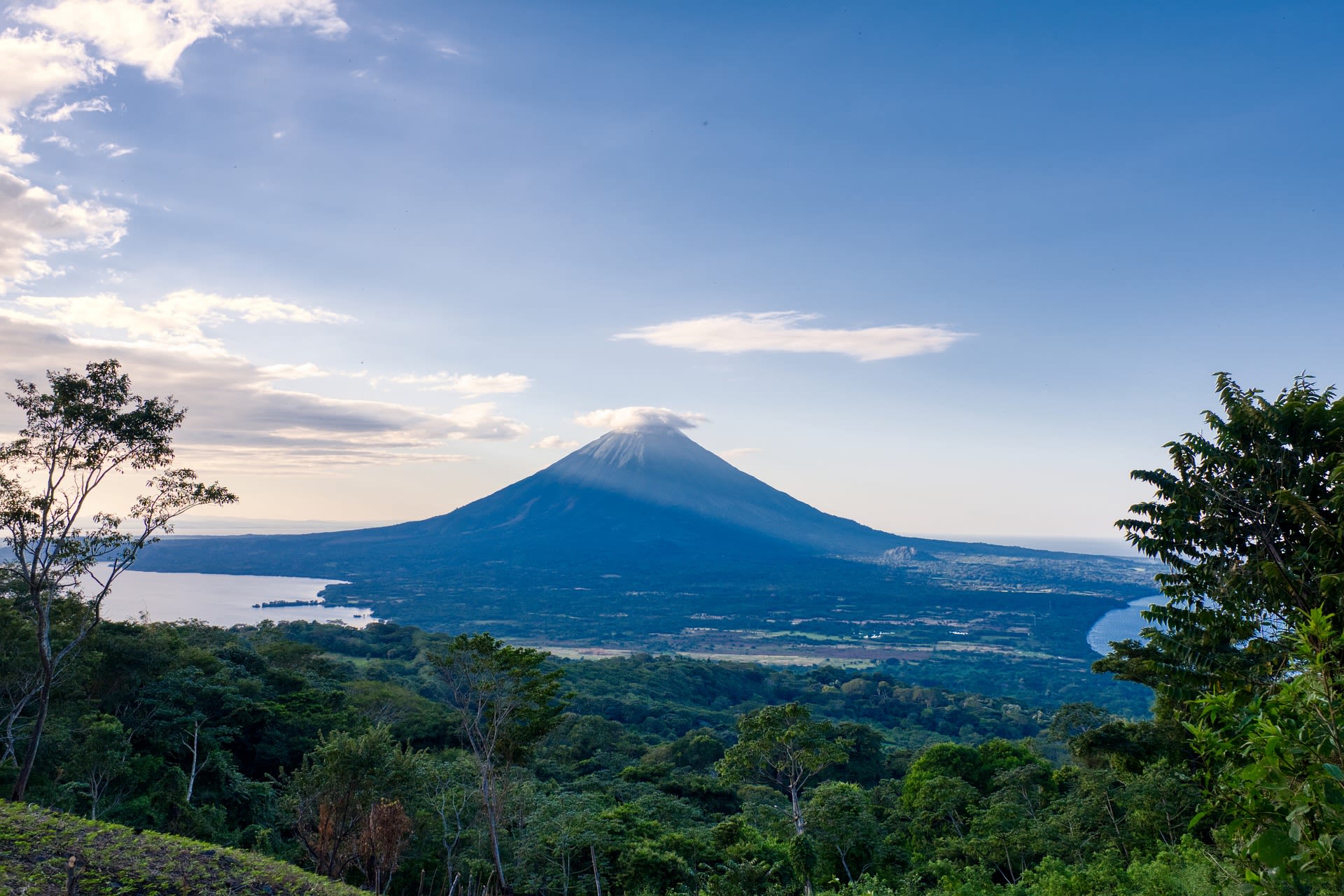Tingni Community

Awas Tingni is an Indigenous Mayangna community of about 600 people, which faced challenges when the Nicaraguan government granted logging concessions to outside companies without consulting the Indigenous inhabitants.
This sparked a legal battle that reached the Inter-American Commission on Human Rights and ultimately the Inter-American Court of Human Rights. The court ruled in favor of the Awas Tingni community, establishing legal precedents recognizing Indigenous land rights and communal property ownership, which was the first time that an Indigenous group won the right to the land and its resources that they traditionally had occupied. This inspired Indigenous communities worldwide to stand up for their rights.
Following the landmark decision, Nicaragua passed Law 445, aimed at demarcating and titling Indigenous lands to comply with the court's ruling and protect Indigenous communities' rights. However, the implementation of Law 445 and subsequent land demarcation processes have faced significant challenges, including government reluctance, conflicts with non-Indigenous settlers, and continued pressure from external economic interests.
Despite these obstacles, the Awas Tingni case remains a critical reference point for Indigenous rights advocacy, inspiring legal and political efforts to recognize and protect Indigenous land rights globally, and highlighting the ongoing struggle for genuine autonomy and respect for Indigenous territories.
Elizabeth Salómon, a native of Awas Tingni and a lecturer at the local university Uraccan, emphasized the cultural and spiritual dimensions of this struggle, stating, “The conservation of land is necessary to keep the spirit of our ancestors alive.” This sentiment underscores the deep connection between the land and the identity, culture, and spiritual health of Indigenous peoples.
Levy Maclean, a community leader, further highlighted the intrinsic link between the environment and the well-being of the community: “If you harm my hand, I will bleed, and eventually my well-being will deteriorate. The same happens with nature.”
Their words capture the essence of the Indigenous struggle for land rights, not only as a matter of legal recognition but as a fundamental aspect of their existence and resilience.
“The conservation of land is necessary to keep the spirit of our ancestors alive.”
